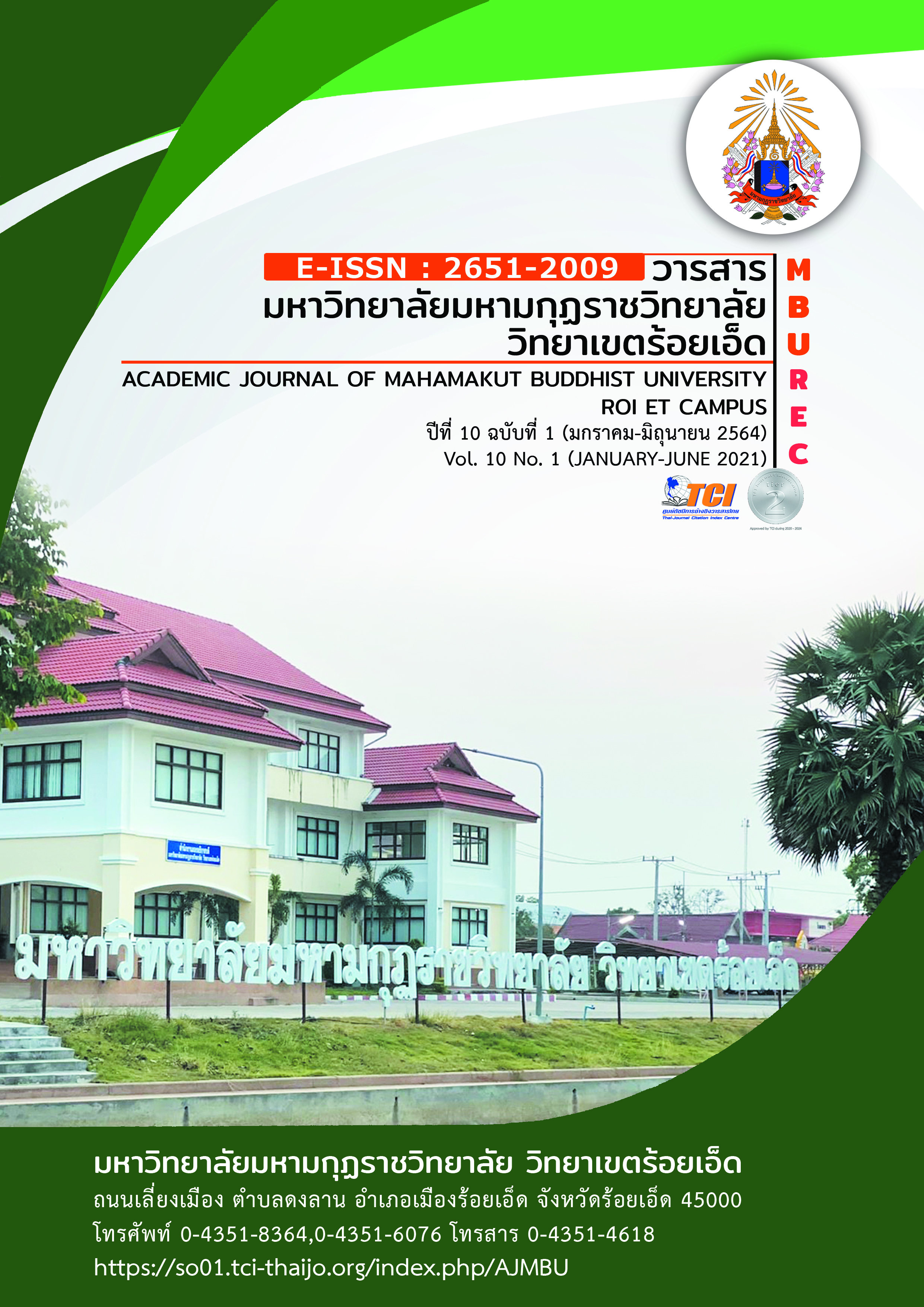The Relationships between Fiscal Autonomy, Responsiveness, and Accountability of Local Governments
Main Article Content
Abstract
The objective of the research article were to study the relationship of fiscal autonomy of local administrative organizations to 1) responsive the need of local people and 2) accountability of the administrators of local governments which affected the local people. Data were collected from the people who have used public services of the local government organization and analyzed by independent samples t-test and Pearson Correlation Coefficient.
The result of the study found that the interrelationships between: 1) fiscal autonomy, meaning the authority to collect tax, to earn revenue, and to allocate budgets of local government organizations without any intervention of the central government, 2) the ability to be responsive to the needs of the local people, and 3) accountability of the administrators of local governments have a positive relationships while the relationship size is moderate. Therefore, it may conclude that fiscal autonomy of local administrative organizations affected the quality of public service.
Article Details
References
คณะรัฐศาสตร์ จุฬาลงกรณ์มหาวิทยาลัย. (2557). รายงานฉบับสมบูรณ์ (Final Report) โครงการศึกษาวิจัยเพื่อติดตามและประเมินผลการกระจายอำนาจของไทย. กรุงเทพมหานคร : สำนักงานปลัดสำนักนายกรัฐมนตรี.
จตุรภัทร จันทร์ทิตย์ และจิราภรณ์ เรืองยิ่ง. (2562). ระดับความเป็นอิสระทางการคลัง : ปัจจัยที่ส่งผลต่อคุณภาพชีวิตของประชาชน. วารสารศิลปะศาสตร์ มหาวิทยาลัยสงขลานครินทร์วิทยาเขตหาดใหญ่. 11(1). 249-268.
เฉลิมพล สารีบุตร. (2556). การแทรกแซงของรัฐบาลกลางต่อองค์กรปกครองส่วนท้องถิ่น กรณีศึกษาเทศบาลเมืองปากน้ำสมุทรปราการและเทศบาลเมืองกาฬสินธุ์. วารสาร มจรสังคมศาสตร์ปริทรรศน์. 4(3). 151-170.
ดิเรก ปัทมสิริวัฒน์ และกอบกุล รายะนาคร. (2552). การขับเคลื่อนองค์กรปกครองส่วนท้องถิ่นเพื่อการจัดการบริการสาธารณะที่ดี. กรุงเทพมหานคร : สถาบันศึกษานโยบายสาธารณะมหาวิทยาลัยเชียงใหม่.
ธิดารัตน์ สืบญาติ. (2558). ความเหลื่อมล้ำทางการคลังท้องถิ่นของเทศบาลในเขตจังหวัดปริมณฑล
ของกรุงเทพมหานคร. วารสารสถาบันพระปกเกล้า. 13(3). 122-144.
บรรเจิด สิงคะเนติ และดารุณี พุ่มแก้ว. (2560). องค์กรปกครองส่วนท้องถิ่นในมิติปัญหาทางการคลัง. วารสารรัฐประศาสนศาสตร์. 15(2). 3-25.
ปัณณทัต นอขุนทด. (2556). ปัจจัยที่มีผลต่อการบริหารจัดการองค์กรปกครองส่วนท้องถิ่นกรณีศึกษาองค์กรปกครองส่วนท้องถิ่นในอำเภอขามสะแกแสง จังหวัดนครราชสีมา.วิทยานิพนธ์วิศวกรรมศาสตร์มหาบัณฑิต. มหาวิทยาลัยเทคโนโลยีสุรนารี.
วิชชุกร นาคธน. (2562). ปัญหาและแนวทางการปรับปรุงรายได้ขององค์กรปกครองส่วนท้องถิ่น :กรณีศึกษาองค์การบริหารส่วนจังหวัด เทศบาลและองค์การบริหารส่วนตำบลในจังหวัดพระนครศรีอยุธยา.วารสาร มจร สังคมศาสตร์ปริทรรศน์. 8(2). 167-179.
วีรศักดิ์ เครือเทพ. (2555). กลยุทธ์การปรับตัวทางการเงินการคลังขององค์กรปกครองส่วนท้องถิ่นภายใต้ภาวะวิกฤต. กรุงเทพมหานคร : สถาบันพระปกเกล้า.
วีระศักดิ์ เครือเทพ. (2554). ความเหลื่อมล้ำทางการคลังของเทศบาลบทสำรวจปรากฏการณ์ “ใครมีเงินมาก ยิ่งได้มาก”. วารสารเศรษฐศาสตร์และนโยบายสาธารณะ. 2(4). 18-42.
Abdulwaheed, S & Samihah, K. (2012). Decentralization: Catalyst for Welfare Service Delivery by local Government Administration. Journal of Public Administration and Governance. 2(4). 43-56.
Ankamah, S.S. (2012). The Politics of Fiscal Decentralization in Ghana : An Overview of the Fundamentals. Public Administration Research. 1(1). 33-41.
Burchell, Robert W., and David Listokin(eds). (1981). Cities under Stress: The Fiscal Crises of Urban America. The Center for Urban Policy Research : Rutgers. State University : New Jersey Press.
Fieno, J. V. (2004). Federalism, decentralization and the welfare state in comparative perspective. Master thesis for master degree. University of Wisconsin-Madison in USA.
Oates, W. (1972). Fiscal Federalism. New York : Harcourt Brace Jovanovich.
Tiebout, C.M. (1956). A Pure Theory of Local Expenditure. The Journal of Political Economy. 64(5). 416-424.


